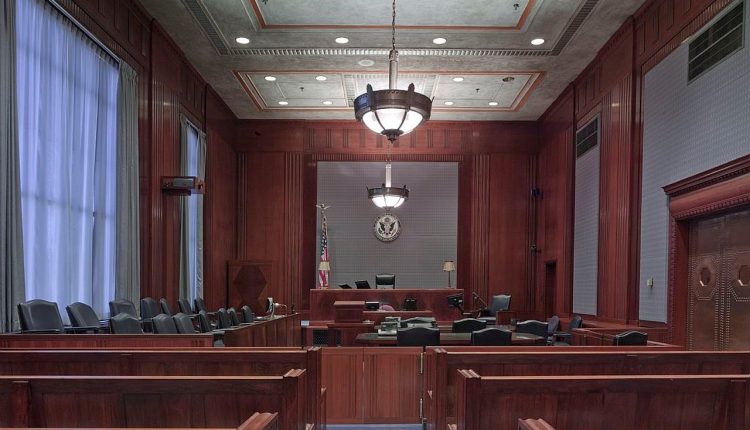Understanding The New Developments Of Criminal Defence Law
The criminal defence law in Australia is constantly changing and evolving. The changes to the law are often due to new developments, such as technology or human rights. This article will discuss some of these changes and what they mean for Australians.
The new developments of criminal defence law
Over time, the criminal justice system in Australia has seen many changes. As explained by expert criminal lawyers, the law is constantly adapting to meet the community’s needs, and this is certainly true for criminal defence law. In recent years, there have been some significant new developments in this area of the law. Some of the recent changes are highlighted below.
Harsher sentencing laws
The NSW Parliament has passed some strict new laws which have created longer prison sentences for drug offences, sexual assault, and other forms of serious crime. Those who commit crimes while already on parole or bail can now expect to spend up to five years in jail rather than the previous two-year maximum penalty. The good news is that these stricter sentencing policies mean fewer criminals out walking free committing more crimes! This will make society safer for everyone.
New court procedures for victims and their families to participate in criminal proceedings as a witness or another person with an interest in the case
This law was introduced to give victims of criminal activity a voice during court proceedings, even if they don’t want to take the stand and give evidence. The new procedures allow victims or their families to participate in the case as a witness and enable them to have input into plea bargaining and diversion programmes. This is a big step forward for victims of crime, who previously may not have felt comfortable or supported when going through the court process.
Presumption of innocence
The presumption of innocence is one of the most fundamental tenets of criminal law. It means that every person is considered innocent until proven guilty beyond a reasonable doubt. This right has been enshrined in Australia’s Constitution since 1901, and it is something that our courts take very seriously. Defendants are entitled to this presumption at all proceedings, from arrest through to trial and sentencing.
Increased use of video evidence
Recently, the use of video evidence in the courtroom has increased dramatically. Videos are used to capture evidence in domestic violence cases and sexual assault cases, and a whole range of other offences involving possible video footage such as drug trafficking or terrorism offences. The use of this type of evidence is problematic for some defendants because it leaves little opportunity for their lawyers to cross-examine them on their actions during the alleged crime. After all, they often do not know precisely what will be shown until they see it themselves when watching from behind glass in a separate room while being recorded by cameras within the courtroom itself.
Final words
The Australian legal system has developed and changed quite a bit over the years. While there are still many improvements that could be made, it is essential to understand these changes not to break any laws or face legal consequences unknowingly accidentally.




